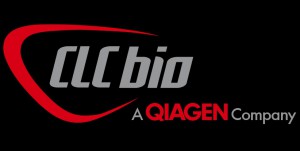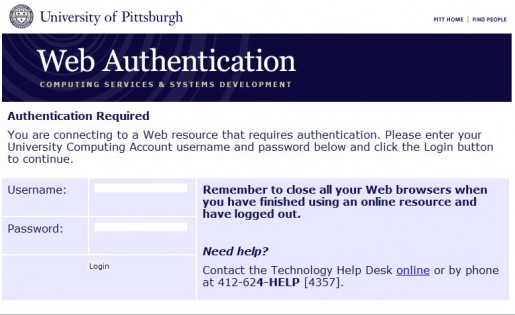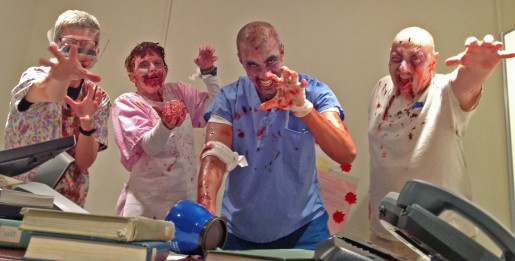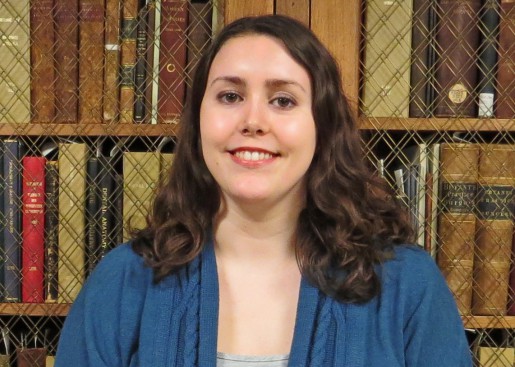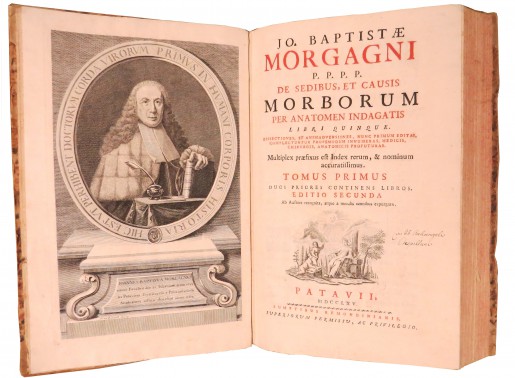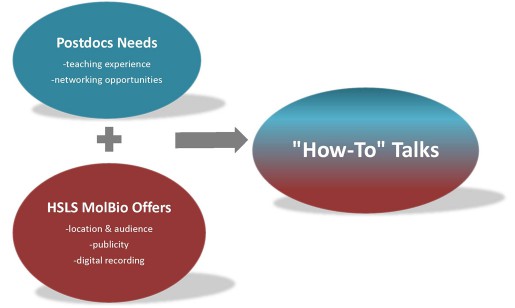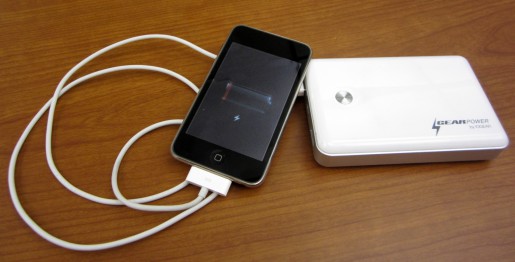HSLS offers classes on database searching, software applications such as Prezi, bibliographic management, molecular biology and genetics, and library orientations. For more information, visit the online course descriptions.
Classes are held on the first floor of Falk Library (200 Scaife Hall) in Classroom 1 and on the upper floor of the library in Classroom 2. All classes are open to faculty, staff, and students of the schools of the health sciences at the University of Pittsburgh, who will need a valid Pitt ID or e-mail account. They are also open to UPMC residents and fellows, who will need to show their UPMC IDs.
No registration is required, except where noted. Classes marked with an asterisk (*) qualify for American Medical Association Category 2 continuing education credit.
Class schedules are subject to change. Please consult the online class calendar for the most current information.
FlashClass
FlashClass is a “deal of the week” Groupon-like offer of timely and useful learning. Each week’s offer proposes one or two topics, and you’re invited to sign up to attend a one-hour class the following week. If at least three people sign up, we’ll hold the class. (We’ll notify you either way.)
HSLS CLASSES
Advanced PowerPoint for Presentations (Falk Library Classroom 2)
| Tuesday, November 11 | 12:30-2:30 p.m. |
EndNote Basics (Falk Library Classroom 2)
| Thursday, November 13 | 10 a.m.-noon |
Painless PubMed* (Falk Library Classroom 1)
| Friday, November 7 | 9-10 a.m. |
| Tuesday, November 11 | 4-5 p.m. |
| Wednesday, November 19 | 11:30 a.m.-12:30 p.m. |
Prezi for Presentations (Falk Library Classroom 2)
| Monday, November 17 | 9:30-11:30 a.m. |
MOLECULAR BIOLOGY AND GENETICS RESOURCES
Pathway Analysis Tools 1* (Falk Library Classroom 2)
| Wednesday, November 5 | 1-3 p.m. |
Pathway Analysis Tools 2* (Falk Library Classroom 2)
| Wednesday, November 12 | 1-3 p.m. |
SNPs & Genetic Variation* (Falk Library Classroom 2)
| Wednesday, November 19 | 1-3 p.m. |
CUSTOMIZED CLASSES
Customized classes can be developed for your department, course, or other group.

 HSLS recently purchased a collection of nearly 60 new e-books in a variety of health sciences disciplines and specialties. The new e-books are available on the
HSLS recently purchased a collection of nearly 60 new e-books in a variety of health sciences disciplines and specialties. The new e-books are available on the 



